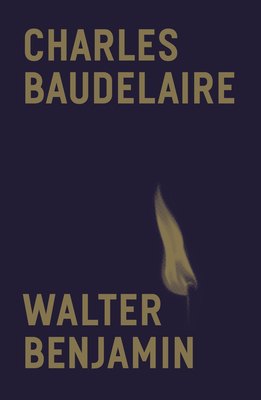
Charles Baudelaire: A Lyric Poet in the Era of High Capitalism
4.25(565 readers)
About the Author
Questions & Answers
How does Benjamin analyze the role of the flâneur in the urban landscape of 19th-century Paris, and what does this character reveal about the social and psychological dynamics of the city?
What is Benjamin's interpretation of Baudelaire's concept of modernism, and how does it relate to the themes of decay, alienation, and the commodity culture of the time?
How does Benjamin use the concept of the 'passage' to explore the relationship between architecture, urban space, and the construction of identity in 19th-century Paris?
What are the implications of Benjamin's analysis of the relationship between literature and the press during the Second Empire for our understanding of the literary and cultural landscape of the time?
How does Benjamin's work contribute to our understanding of the historical and cultural context of 19th-century Paris, and what are the broader implications of his analysis for the study of modernity and urbanization?
Reader Reviews
Loading comments...
